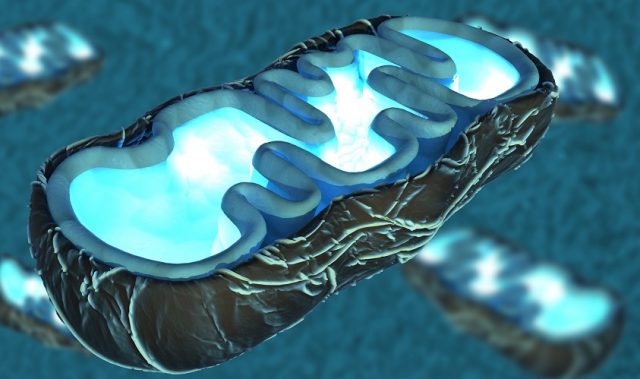
AsianScientist (Dec. 21, 2017) – A team of researchers from South Korea have developed technology to find the optimal drug targets for various types of cancer cells. They published their findings in Nature Communications.
There are many types of genetic variations found in cancer cells, including gene mutations and copy number variations. These variations differ even within the same type of cancer, and thus the drug response varies cell by cell.
Previous studies have focused on identifying a single genetic mutation, or on analyzing the structural characteristics of a gene network. However, this approach does not sufficiently explain the various gene and protein interactions in cancer cells that account for differences in their response to drugs. Hence, current treatments tend to ignore the molecular network dynamics and target a few cancer-related genes. Favorable responses are thus only observed in a fraction of patients.
In this study, a team of researchers led by Professor Cho Kwang-Hyun at the Korea Advanced Institute of Science and Technology integrated cellular experiments with supercomputing to analyze changes in molecular network dynamics in cancer cells. Based on large-scale cancer cell genomic data available from The Cancer Cell Line Encyclopedia, the team constructed different molecular networks specific to genetic variations found in different types of cancer cells.
The researchers also quantified the differences in the cancer cells’ response to drugs, detailing the changes in molecular networks. They then clustered the molecular networks using a computational algorithm and employed computer simulations to identify synergies between combinations of drugs. Such simulations allowed the researchers to predict the level of drug response in various cancer cell lines, including lung, breast, bone, skin, kidney and ovary cancers.
By considering the overall modulatory interactions rather than focusing only on a specific gene or protein, the research team suggests that their technology can account for the heterogeneity of cancer cells in terms of drug response. They can also predict the cause of drug resistance in cancer cells, which could help in the identification of an optimal drug target to inhibit resistance.
“Genetic variations in cancer cells are the cause of diverse drug responses, but a complete analysis had not yet been made prior to our study,” said Cho.
“Our systems biology approach, in which we simulated drug responses based on cancer cell molecular networks, could help researchers understand the fundamental principles of drug response and identify optimal drug targets for the treatment of cancer,” he added.
The article can be found at: Choi et al. (2017) Network Dynamics-Based Cancer Panel Stratification for Systemic Prediction of Anticancer Drug Response.
———
Source: Korea Advanced Institute of Science and Technology.
Disclaimer: This article does not necessarily reflect the views of AsianScientist or its staff.












